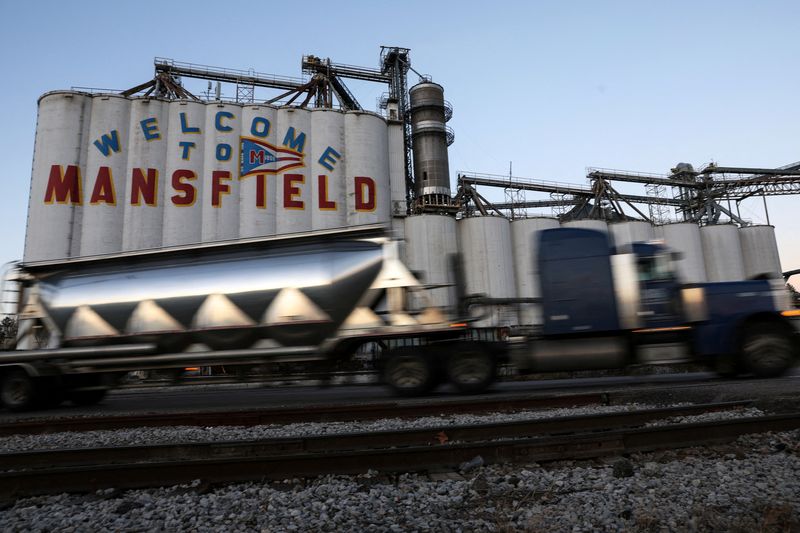By David Shepardson
WASHINGTON (Reuters) - The United States aims to only sell and produce zero-emissions medium- and heavy-duty vehicles like school buses and tractor trailers by 2040, the U.S. energy secretary agreed at the COP27 climate summit in Egypt on Thursday.
The non-binding memorandum of understanding (MOU) sets a target for 30% of those new vehicles - which include commercial delivery vehicles, buses and trucks - to be zero-emission by 2030 and 100% by 2040.
"We have to work together across oceans and borders to meet our clean energy goals,” said U.S. Energy Secretary Jennifer Granholm.
The $430 billion climate, tax and drug policy bill passed in August includes new commercial electric vehicles tax credits, with up to $7,500 for light- and medium-duty vehicles and up to $40,000 for heavy-duty vehicles.
Granholm said the funding will "drive technological innovation, lower vehicle costs, and reduce transportation emissions."
A group of 16 lawmakers led by Senator Martin Heinrich earlier this month had urged President Joe Biden to sign the agreement, noting medium and heavy trucks represent 10% of vehicles but account for 28% of total on-road greenhouse gas emissions.
“Decarbonizing commercial transport vehicles is critical to meeting our overall carbon emissions targets," Heinrich said in a statement. "By committing to this goal alongside many other nations, the United States is affirming that we are serious about meeting our responsibility on climate and protecting our children’s future."
Lawmakers said the memorandum "does not require U.S. federal agencies to adopt new emission standards, targets, or requirements."
The memorandum was previously signed by 16 countries and endorsed by over 60 state and local governments, manufacturers, financial institutions and others and more countries are expected to sign.

Reuters reported earlier this month the U.S. Environmental Protection Agency plans to issue tougher greenhouse gas emissions rules for heavy-duty trucks and other vehicles through at least the 2030 model year by the end of 2023.
The EPA in March had proposed tighter standards for 17 of the 33 sub-categories of vocational and tractor vehicles, including school buses, transit buses, commercial delivery trucks, and short-haul tractors.